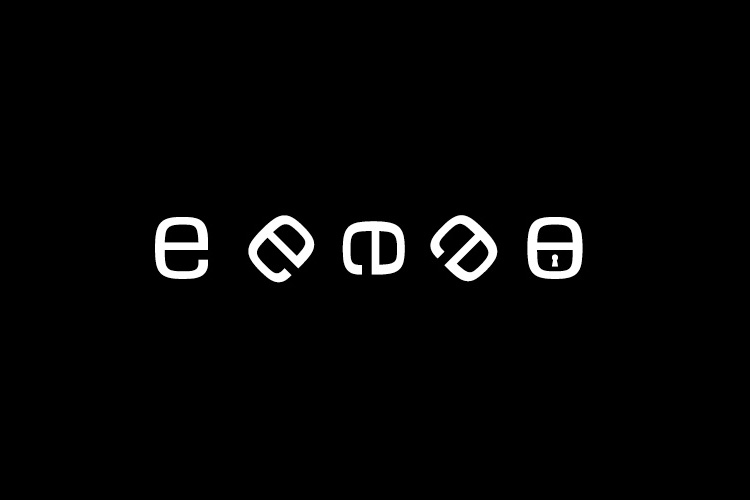Australia’s Internet Filter

The plan involves a government blacklist of websites filtered directly by local internet service providers. Which websites will make it onto this list is not immediately clear at this stage. Also unclear is what regulatory body or committee, if any, will provide oversight outside the ACMA. The Minister claims that by its very nature the list cannot be subject to public scrutiny because the material is so intensely harmful. So in the eyes of our current government the internet is sort of like the Arc of the Covenant.
Colin Jacobs from Electronic Frontiers did a terrific job of dismantling the arguments put forward by the Minister especially with regard to the effectiveness of the filter and its potential for abuse. For his part Senator Conroy refused to address any of the concerns raised and then went on to suggest that the government could regulate online content in exactly the same way as it does with magazines, films or books.
Jacobs responded in the interview saying;
The minister says that the internet is no different to any other form of media. Why should it get special treatment? . . .there’s some very, very good answers to that [question] and it depresses me that the Minister in charge of our internet infrastructure doesn’t appreciate that.
Putting aside this dizzying disregard for the filter’s technical considerations I was dissapointed that the scope of the discussion was not expanded.
It seems at this late stage the debate has moved from general principles to the practicalities and the details of the legislation. In Conroy’s interview there was precious little discussion of the real issue at stake – our free speech.
It’s very easy for people to dismiss any stance on civil liberties as some sort of lofty philosophical position but it must be addressed in this context because free speech is an all-or-nothing proposition. You either demand the right to freedom of expression and deal with the opinions of all those whose values stand in opposition to yours or you forfeit that choice entirely.
In this debate, and many others before it, Conroy uses some universally deplorable activities as a stick to whack his opponents with. He talks about child pornography or bestiality as if daring anyone anyone to defend it on the grounds of free speech.
Unfortunately not everybody [supports outlawing child pornography]… and that’s one of the issues I hope we get some answer to today. I hope everyone could sign up and say ‘look, child abuse material just shouldn’t be available’
But those activities are already criminal offenses that carry heavy penalties. Those interested in preserving what little free speech we have left are more concerned with the censorship of consensual sexual acts between adults and the discussion of activities deemed criminal in this part of the world or another. The extent to which these activities are immoral or antisocial is irrelevant but their gory details are used time and time again to bludgeon detractors because even the most forthright proponents of free speech are reluctant to open themselves up to the suggestion that they condone, even indirectly, activities like paedophilia or sadistic sexual violence.
Conroy’s argument that the legislation should be put in place to protect children is somewhat of a self-fulfilling prophecy because, by taking away our personal responsibility in these matters, our government treats every one of us like children.
I feel that there should have been a louder debate before this one. A debate about the role of the government in our lives and the limits to its reach. The question we ought to be asking is whether activities in which there are no victims should be criminalised. Issues like abortion, euthenasia, recreational drug use, prostitution and even gay marriage cut straight to the heart of this idea and until we raise these issues ourselves politicians will continue to ignore or exploit them for cheap political gains.
You can listen to the full interview on the ABC’s Radio National website here.
You can find out more information on the Electronic Frontiers Australia website and No Clean Feed.
As an aside; whenever I find myself voicing or writing any half-arsed treatise on politics or society the tone that comes across is always a little resigned and a little exasperated because I know that the point I’m trying to make has been made before, by countless others, with far more eloquence and conviction that I could hope to achieve.
It’s tempting just to recite HL Mencken or some other political philosopher instead of standing on their shoulders and providing my own garbled rendition. With that in mind I think this excerpt from On Liberty by English writer John Stuart Mill best sums up the principle that all censorship runs contrary to;
That the only purpose for which power can be rightfully exercised over any member of a civilized community, against his will, is to prevent harm to others. His own good, either physical or moral, is not sufficient warrant. He cannot rightfully be compelled to do or forbear because it will be better for him to do so, because it will make him happier, because, in the opinion of others, to do so would be wise, or even right… The only part of the conduct of anyone, for which he is amenable to society, is that which concerns others. In the part which merely concerns himself, his independence is, of right, absolute. Over himself, over his own body and mind, the individual is sovereign.
Leave a Reply